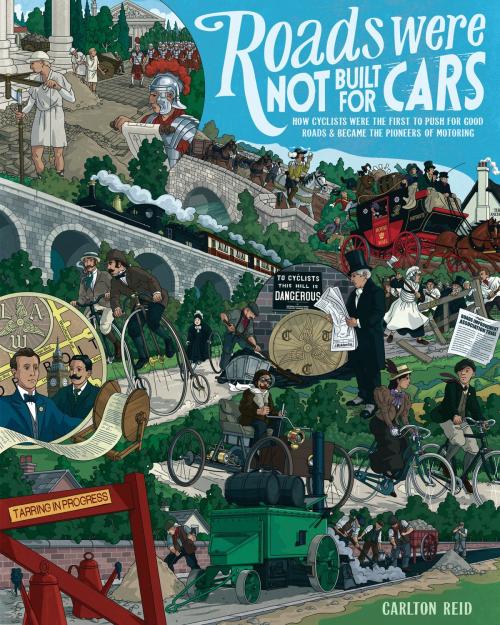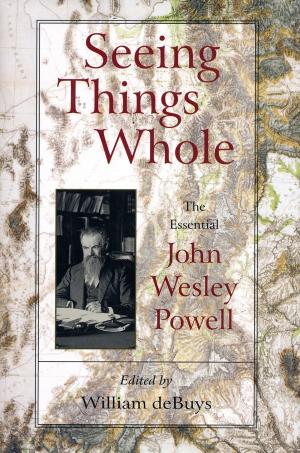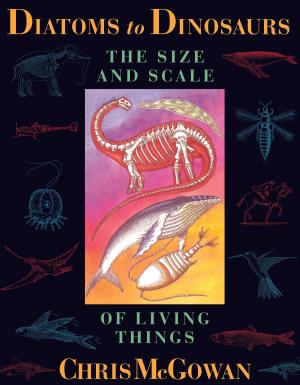Roads Were Not Built for Cars
How cyclists were the first to push for good roads & became the pioneers of motoring
Nonfiction, Reference & Language, Transportation, Automotive, Domestic, Art & Architecture, Architecture, Planning| Author: | Carlton Reid | ISBN: | 9781610916882 |
| Publisher: | Island Press | Publication: | April 9, 2015 |
| Imprint: | Island Press | Language: | English |
| Author: | Carlton Reid |
| ISBN: | 9781610916882 |
| Publisher: | Island Press |
| Publication: | April 9, 2015 |
| Imprint: | Island Press |
| Language: | English |
In Roads Were Not Built for Cars, Carlton Reid reveals the pivotal—and largely unrecognized—role that bicyclists played in the development of modern roadways. Reid introduces readers to cycling personalities, such as Henry Ford, and the cycling advocacy groups that influenced early road improvements, literally paving the way for the motor car. When the bicycle morphed from the vehicle of rich transport progressives in the 1890s to the “poor man’s transport” in the 1920s, some cyclists became ardent motorists and were all too happy to forget their cycling roots. But, Reid explains, many motor pioneers continued cycling, celebrating the shared links between transport modes that are now seen as worlds apart. In this engaging and meticulously researched book, Carlton Reid encourages us all to celebrate those links once again.
In Roads Were Not Built for Cars, Carlton Reid reveals the pivotal—and largely unrecognized—role that bicyclists played in the development of modern roadways. Reid introduces readers to cycling personalities, such as Henry Ford, and the cycling advocacy groups that influenced early road improvements, literally paving the way for the motor car. When the bicycle morphed from the vehicle of rich transport progressives in the 1890s to the “poor man’s transport” in the 1920s, some cyclists became ardent motorists and were all too happy to forget their cycling roots. But, Reid explains, many motor pioneers continued cycling, celebrating the shared links between transport modes that are now seen as worlds apart. In this engaging and meticulously researched book, Carlton Reid encourages us all to celebrate those links once again.















